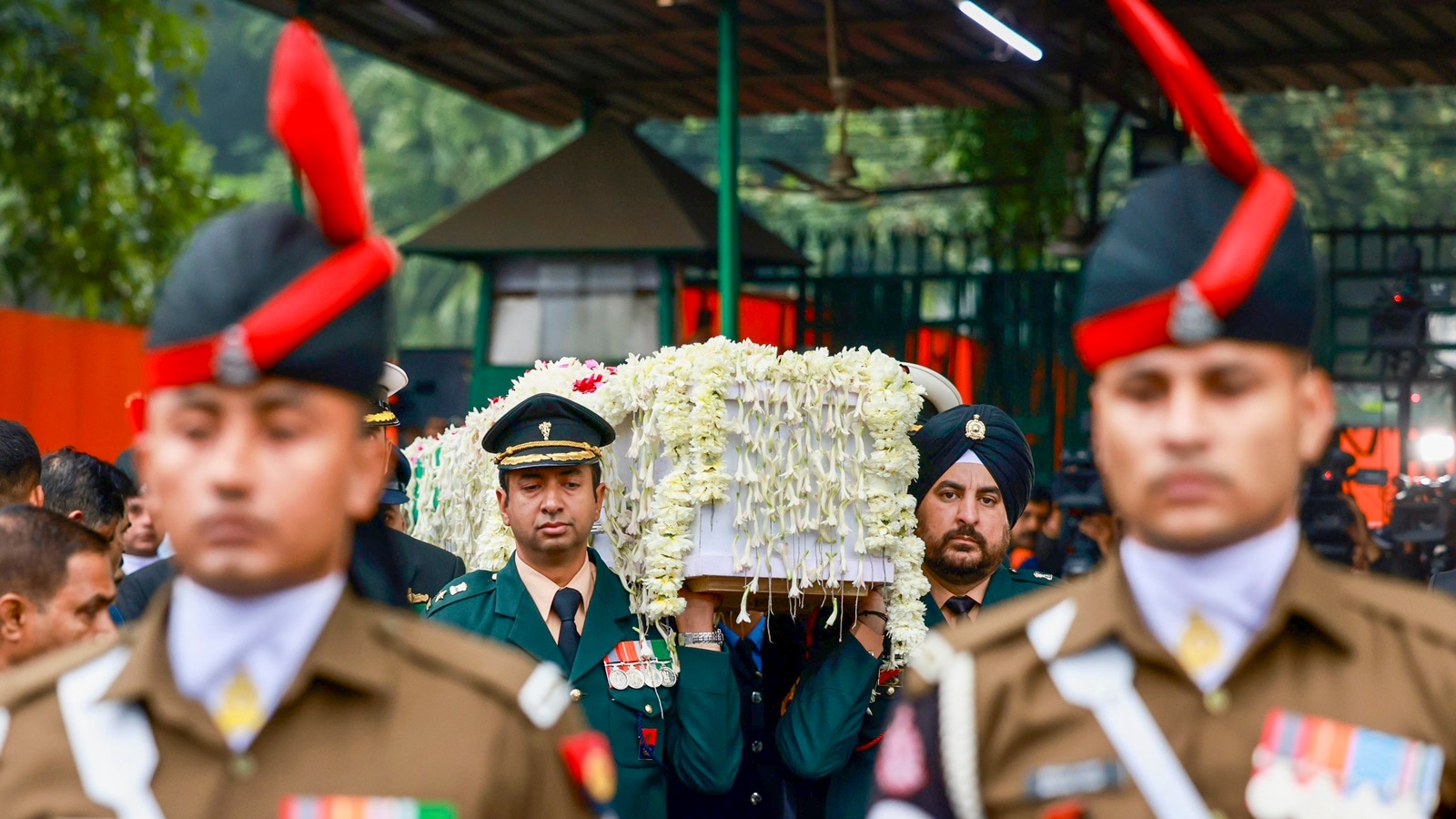Sometime in the early 1980s, my parents went to a wedding reception and came away inspired. It was a small gathering at the official residence of the Governor of the Reserve Bank of India (RBI) on Carmichael Road. For days, my mother spoke about the beautiful simplicity that marked the celebration.
The bride’s parents, Dr and Mrs Manmohan Singh, had invited just a few colleagues to join friends and family for snacks. There was no stage nor any other form of pomp and “show”. Years later, my parents would still recall that occasion as an embodiment of a core value they were brought up on — simple living and high thinking.
Ironically, it was the liberalisation spearheaded by Manmohan Singh that triggered a cultural shift in which this value came to be ridiculed. By the turn of the century, most young people had been sold the false claim that “simple living” had been dressed up as a value in order to make scarcity more bearable. Over the last quarter century or so, I have never lost an opportunity to counter this false claim.
Both Dr Singh and my father survived the physical and social displacement caused by Partition. So, they experienced moments in life when there was serious material scarcity. But their generation’s sense of self was never anchored in either material plenty or scarcity.
Perhaps, their anchor was an unwavering respect for the reality that the material circumstances of life are always in flux. Yes, bodily comfort is important. But to become a slave to material comfort saps life. It follows that equating material possessions with “status” was, for them, unthinkable.
However, a legendary equanimity of the kind that we saw in Dr Singh must have still deeper roots. His devotion to the Guru Granth Sahib is well documented. The practice of this faith was his respectful engagement with all whom he met. My father would often praise Singh sahab’s “halimi”, Urdu for gentleness, humility and kindness.
This is the recurring theme in the flood of messages about him on the day after his demise. Since every individual journey is unique, the manifestations of those traits were indeed special to Dr Singh. But this is also a good moment to remember and honour that he excelled at what were traits of a certain quality of people in his generation.

They cared about growing a career but were equally or more committed to nation building. They understood and were able to wield power but with “halimi”, not with narcissism. The “self” was defined not through projections by or for others but through a deeply personal inward quest. The striving for achievements was made conditional to fulfilling duties – to that self on its inward quest, to family and samaj.
By the time Dr Singh’s tenure as prime minister came to a close, it had become fashionable to pretend that these qualities had never existed. His generation was accused of wasting 70 years of free India’s growth potential.
About 2013 onwards, when young people in my family loudly made these allegations, I would ask them why then were officers of the Reserve Bank, like my father Sant Dass, being asked by UN agencies to go to countries across the world and share their expertise in rural credit systems? Why was Dr Singh chosen to serve as secretary general of the pathbreaking South Commission in Geneva?
most read
Just this past week, India bid farewell to three other legends who, like Dr Singh, embodied those special qualities. Sunil Pandya, renowned neurosurgeon and founder of the Indian Journal of Medical Ethics; Shirish Patel, visionary town planner and architect, and Shyam Benegal, film-maker and cultural activist.
The last time I met Dr Singh was in early 2014, in connection with the meeting of a Ministry of Culture committee on which I served. The meeting was held in the large boardroom of the Prime Minister’s Office. He stayed for the entire meeting and gave it his full attention, even though he looked a bit unwell. When we were leaving, a colleague said wistfully, “We will remember this as a special moment when decency was in power.”
The writer is the founder of the YouTube channel Ahimsa Conversations
Why should you buy our Subscription?
You want to be the smartest in the room.
You want access to our award-winning journalism.
You don’t want to be misled and misinformed.
Choose your subscription package



